6 things to never clean with rubbing alcohol around your home, and what to use instead
Avoid using rubbing alcohol on these things to avoid irreparable damage, experts warn


Usually stashed away in a medicine cabinet, rubbing alcohol has a myriad of uses around the home. From cleaning stainless steel to removing ink stains, it’s a simple and affordable bacteria buster and a great solution for stains and smudges.
However, there are also a number of things that should never be cleaned with rubbing alcohol, a strong substance that can damage some surfaces and materials and irreversibly ruin belongings.
So, if you’re in need of some cleaning tips where rubbing alcohol is concerned, our professional cleaning experts reveal what to avoid and what to do instead.
6 things to never clean with rubbing alcohol
1. Leather
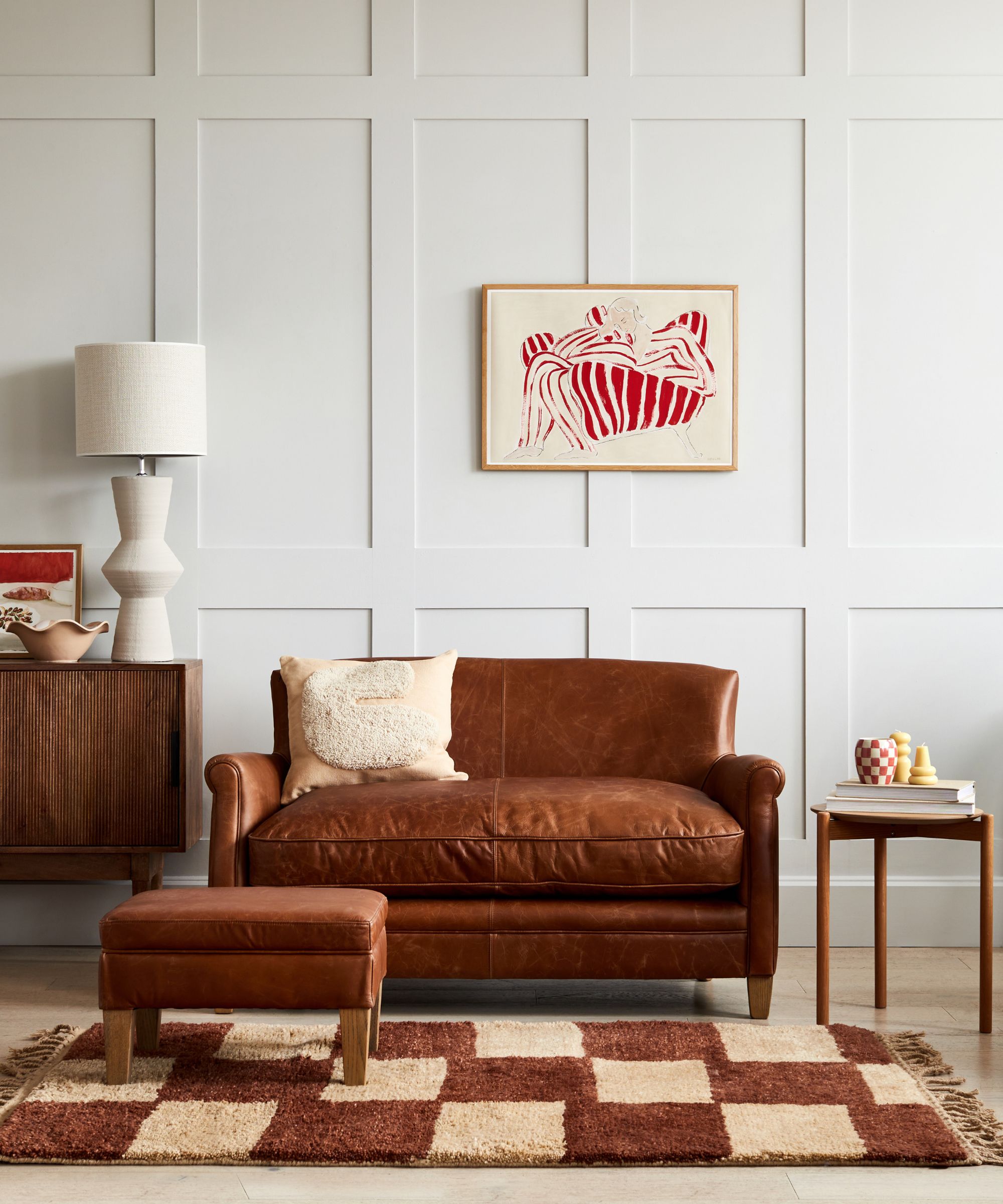
You might be wondering how to clean a leather sofa, but if your sofa or jacket needs a refresh too, rubbing alcohol is not the solution on this natural material.
‘Never clean anything made from leather with rubbing alcohol,’ says Ryan Knoll, the owner of Tidy Casa, a residential cleaning company that has served the Greater Phoenix area for over 20 years. ‘It will take off the color and damage the furniture,’ he explains, as well as causing the leather to crack.
Instead, use specialized leather cleaners, such as the bestselling Chemical Guys Leather Cleaner from Amazon, which works on car seats, interiors, furniture, clothing and pleather.
2. Granite, marble and quartz
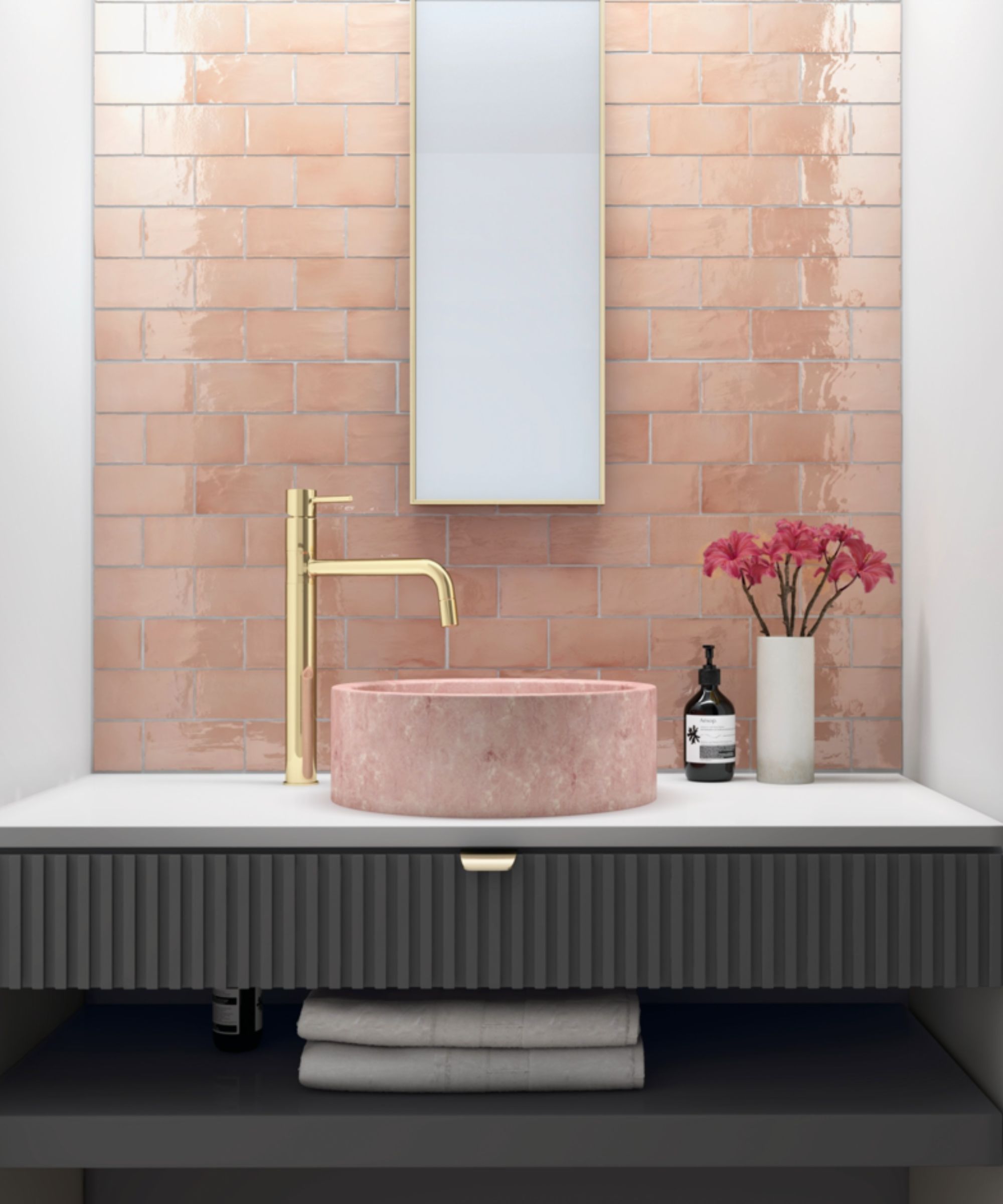
While rubbing alcohol is a great sanitizer to use in the kitchen and bathroom, using it on these countertop materials is not recommended.
Design expertise in your inbox – from inspiring decorating ideas and beautiful celebrity homes to practical gardening advice and shopping round-ups.
‘Even though rubbing alcohol can effectively disinfect most surfaces around your home, it shouldn’t be applied to granite, marble and quartz,’ says Petya Holevich, domestic cleaning expert at Fantastic Services. ‘These are natural stone materials, which are porous, so they’re vulnerable to the harsh properties of the liquid. It will alter their color and erode the sealer that has been applied to protect them, resulting in visible stains, scratches and marks on the surface.’
Instead, use a specialized cleaner to avoid damaging your countertops and keep them sparkling.
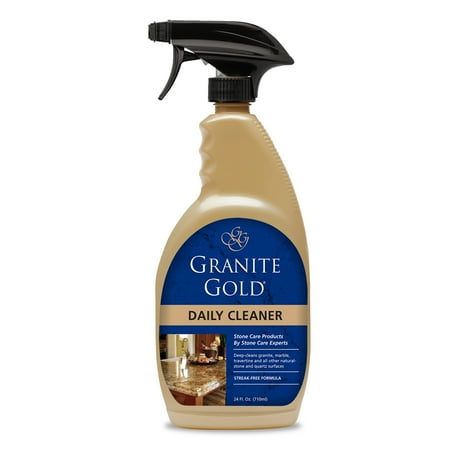
This multi-purpose cleaner safely deep-cleans granite, marble, travertine and all other natural-stone and quartz countertop surfaces, with a streak-free formula and fresh citrus scent, and without phosphates and ammonia, making it safe for food-prep surfaces.
3. Wood
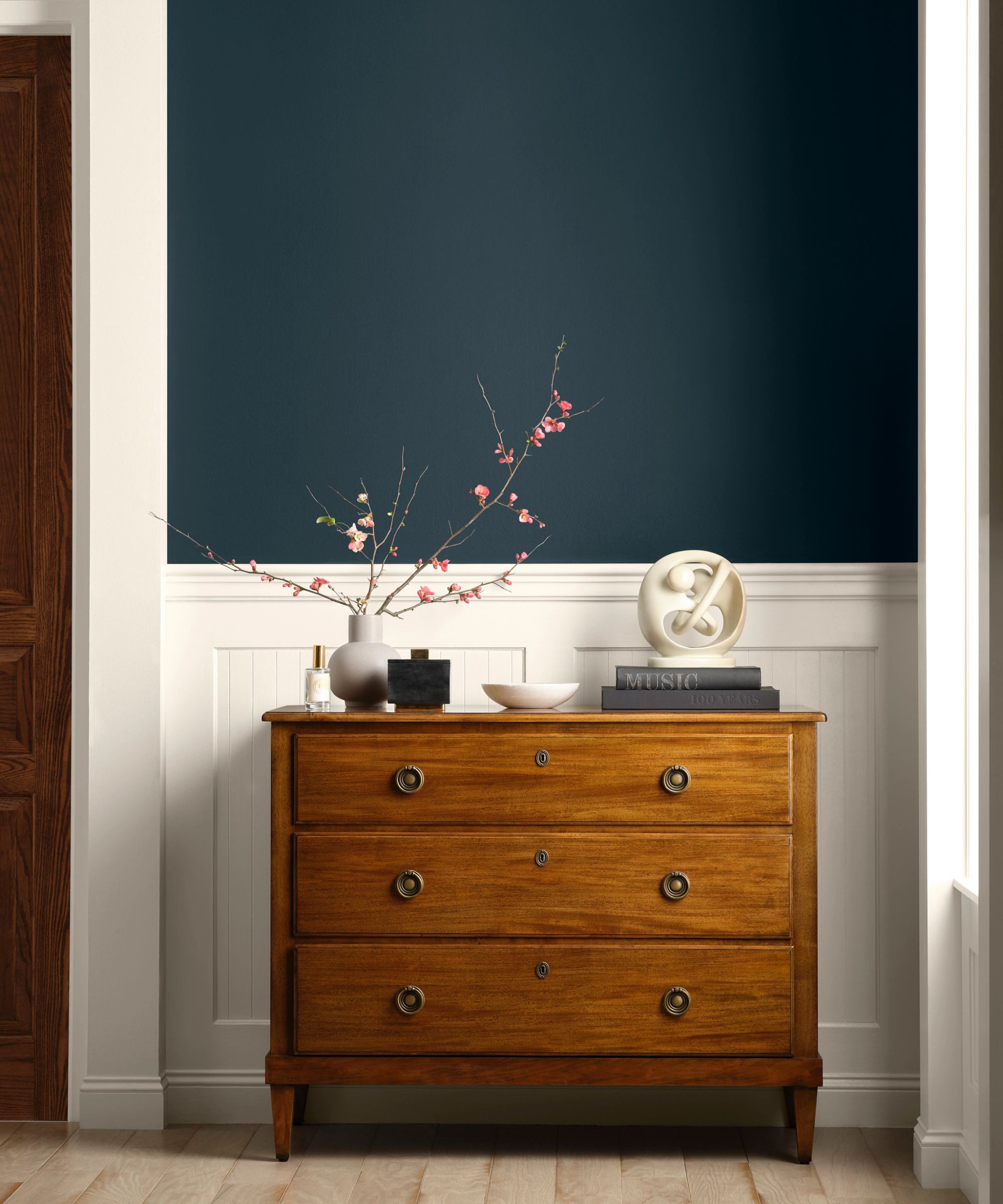
Much like granite, marble and quartz, the porosity of wood makes it a bad match for rubbing alcohol.
‘Rubbing alcohol strips the protective coatings off of wood finishes and can discolor the wood,’ says Josh Miller, professional cleaner and the CEO of Clean Carpets. ‘The alcohol also dries it out, causing it to crack.’
The best way to clean wood furniture is simply to just use soap and water, and buff dry to avoid water stains.
4. Painted surfaces
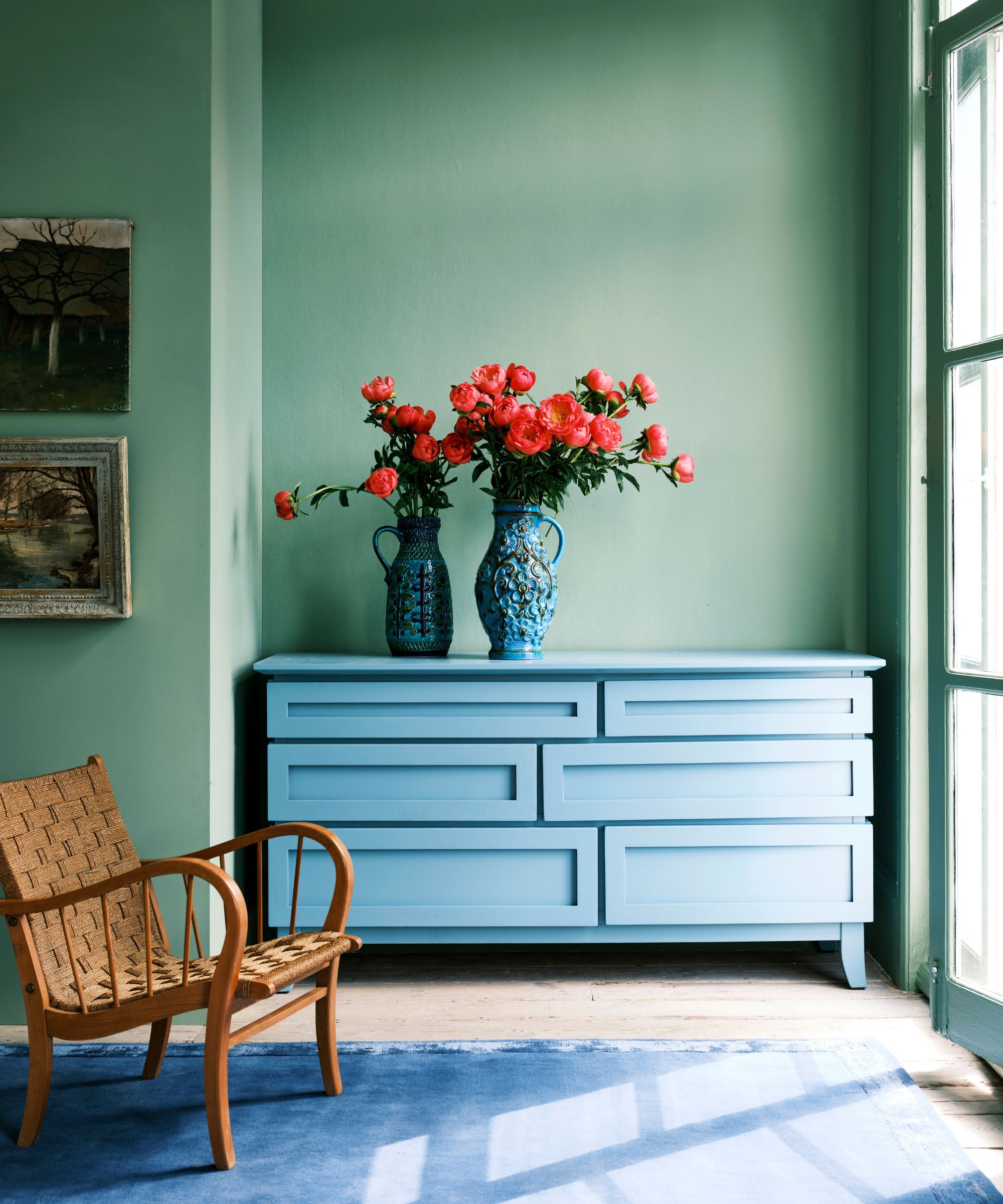
As rubbing alcohol can be used as a way to remove paint naturally, using it to clean painted surfaces will damage them.
‘Painted surfaces should never be touched by alcohol,’ says Knoll. ‘Rubbing alcohol will take the paint off the wall and possibly damage what is underneath.’
To avoid irreversible paint problems, use mild soapy water and a soft sponge for a gentle clean. We like the METUUTER Kitchen Sponges from Amazon as they’re non-scratch and made of natural cellulose.
5. Delicate fabrics and upholstery

When cleaning upholstery or delicate fabrics, rubbing alcohol should not be used, as it may damage the fibers.
‘Clothing made of silk and wool can sometimes be discolored when exposed to large amounts of rubbing alcohol,’ says Ken Doty, COO and Cleaning Expert at The Maids.
Instead, master how to hand wash clothes, or take them to a dry cleaner, and use a specially designed upholstery spray on furniture.
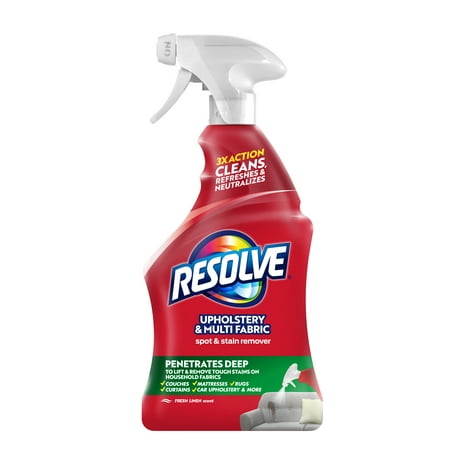
This upholstery cleaner instantly cleans and refreshes, and it formulated to life stains and odors. It's effective on makeup, food grease, coffee, and even wine stains, and safe to use on most household fabrics such as polyester, nylon and cotton blends.
6. Acrylic or plastic
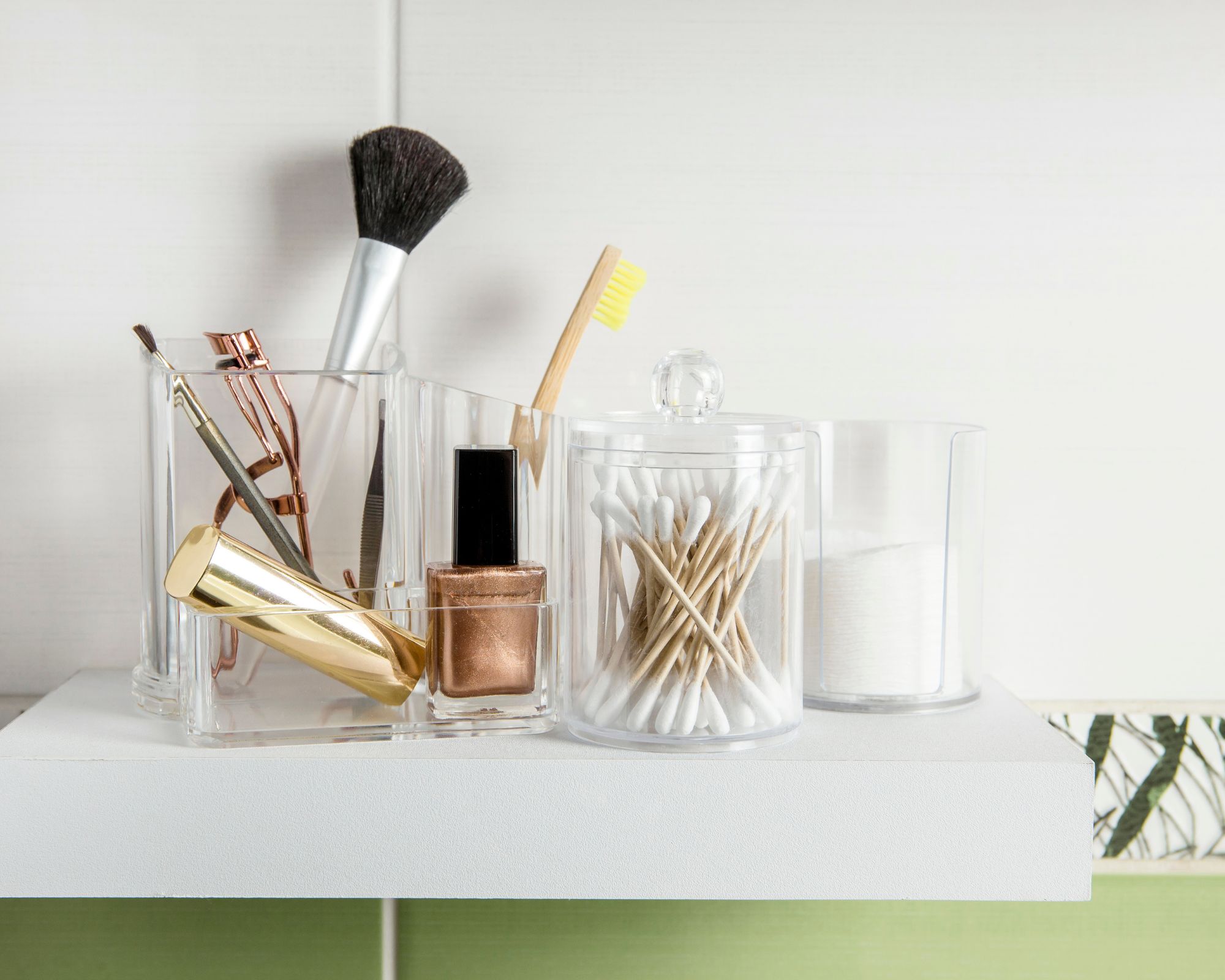
‘Rubbing alcohol tends to fog and probably crack acrylic,’ says Daniel Brown, cleaning expert and CEO of Handy Cleaners. ‘Instead opt of mild soapy water.’
You can also use products such as this Blue Ribbon Plexi-Clean Acrylic and Plastic Cleaner available at Amazon, which works to repel dust while removing fingerprints, dirt, grease and grime, meaning it's perfect to clean acrylic drawers used for organizing makeup.
FAQs
Can you clean a toilet with rubbing alcohol?
Rubbing alcohol is a superpower disinfectant, and is safe for use on your toilet. You can also use it in a spray bottle to refresh between deep cleans and bleaches.
Just open windows and doors to ensure the area is well-ventilated and avoid getting it on your skin as it may cause dryness and irritation.
Now that you know what to avoid, there are some things around the home that are perfect for cleaning with rubbing alcohol including stainless steel, and will leave these areas of your home spotless.

Ottilie joined Homes & Gardens in 2024 as the News Writer on Solved, after finishing a Master's in Magazine Journalism at City, University of London. Now, as the Sleep Editor, she spends her days hunting deals and producing content on all things sleep – from mattresses and sheets to protectors and pillows, all of which she tests in her own home. She also has particular expertise in home fragrance, covering everything from candles to reed diffusers.
Previously, she has written for Livingetc and Motorsport Magazine, and also has a Master's degree in English Literature and History of Art from the University of Edinburgh, where she developed a love for inspiring interiors and architecture.